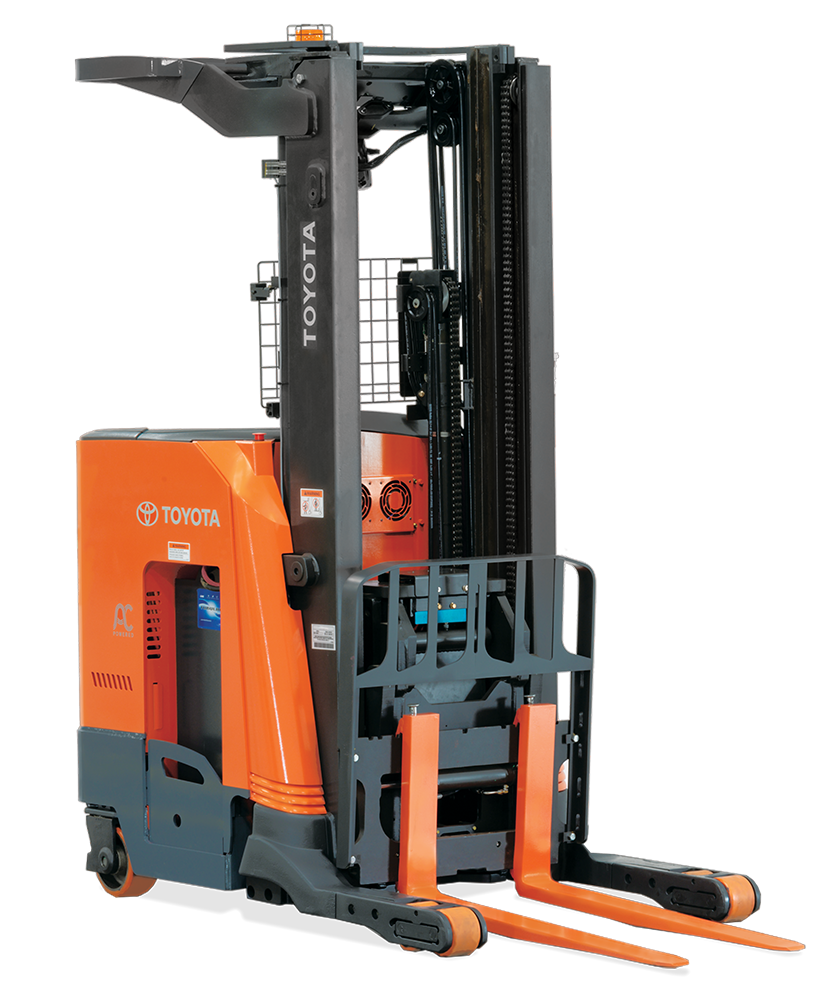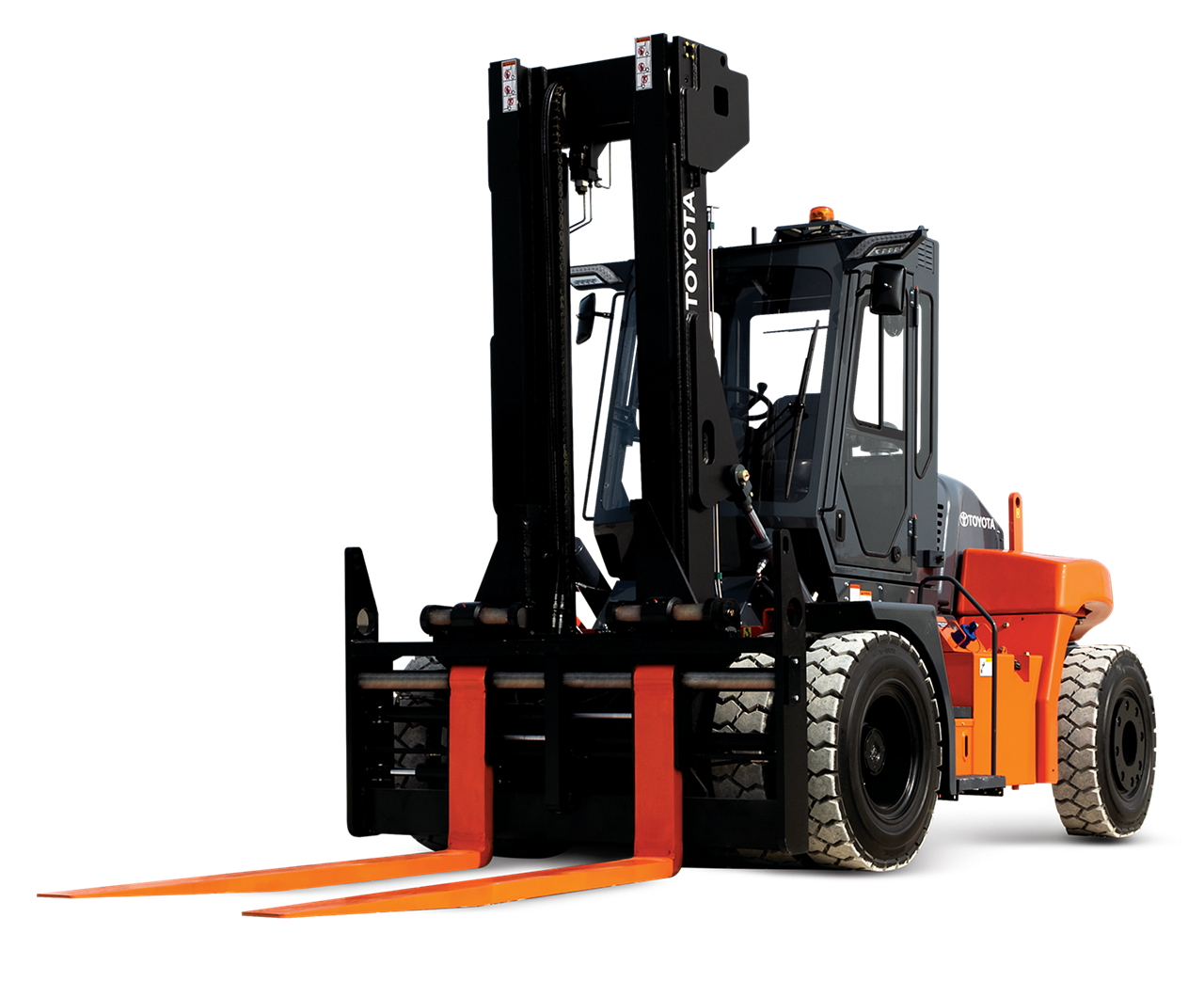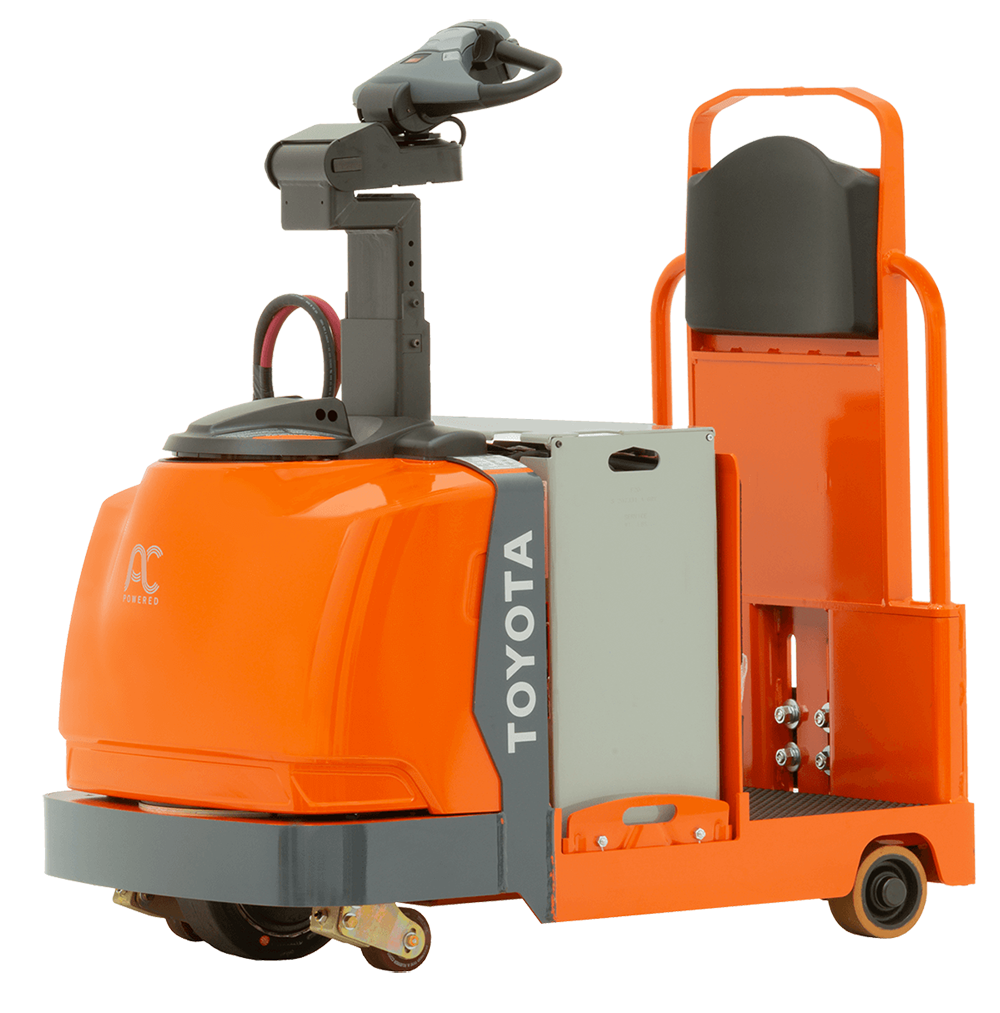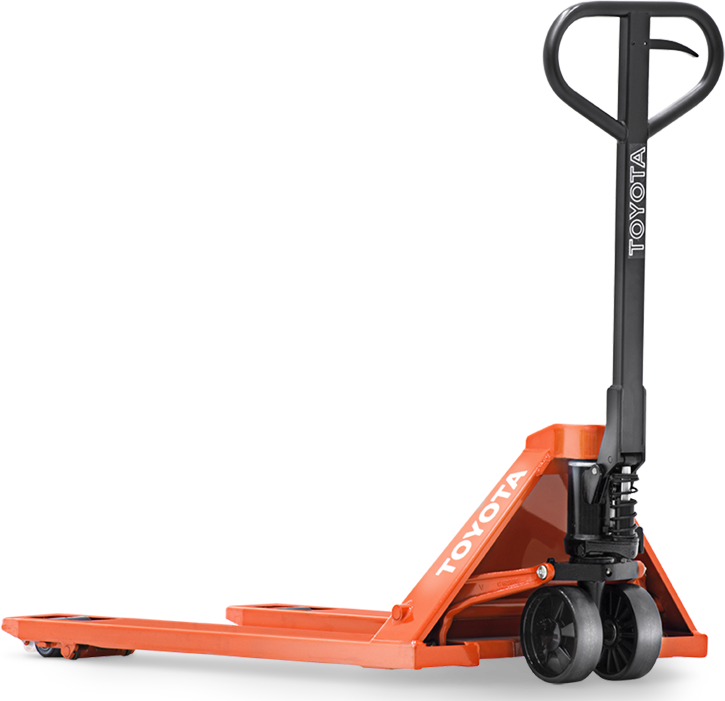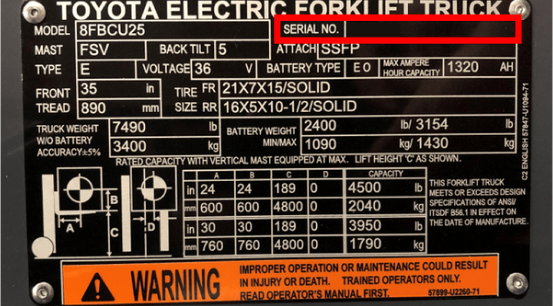Please click below to sign in to your MyToyota account
Understanding Your Forklift Battery's Lifecycle and Proper Disposal

Your business relies on you to ensure your operation has the power to run smoothly and efficiently. Advances in technology of both lead-acid and lithium-ion batteries can make a great addition that can help to increase productivity and reduce downtime and maintenance costs, depending on your specific application. However, forklift batteries don’t last forever. Understanding when and how to properly dispose of your forklift battery is crucial to ensuring the success of your operation.
Signs Your Forklift Battery May Need Replaced
Using a bad forklift battery not only slows down your operation, but it can cause further damage to your equipment. Use these tips to identify if your battery needs replaced.
- Corrosion
- Failure to hold a charge
- Spilled acid
- Excessive sulfated batteries
Recycling Forklift Batteries
If you recognize that you’re in the market for a new battery, you can’t simply throw your old battery away. Batteries contain harmful toxins and corrosive materials such as mercury, cadmium, lithium, and lead that can negatively impact the environment and our health. Instead, they should be recycled.
Lead-acid batteries
When lead-acid batteries are recycled, the battery itself is separated into pieces and placed in a melting vat, where the heavy metal components are melted down and the melted plastic floats to the top. The acid from the battery can be neutralized and safely turned into water, or converted into sodium sulfate, which is commonly used to make fabrics and laundry detergent. The plastic components can even be reused to make new battery cases.
Lithium-ion batteries
Lithium-ion batteries can present a number of risks when not handled properly. Due to these risks, the U.S. Department of Transportation carefully monitors the handling, transferring, documenting, and disposal of lithium-ion batteries. In order to recycle a lithium-ion battery safely, the battery must first undergo a full discharge of its metallic lithium contents to prevent potential fires that can occur if it comes into contact with moisture.
Here are some of the recommendations you should consider when preparing your forklift battery for transport. While this list may not be comprehensive, it does contain a few steps to remember as you recycle LiBs.
- Seal the battery cap tightly to prevent liquid from spilling during transport.
- Always wear the appropriate PPE when handling batteries or other hazardous equipment. This may include gloves, goggles, etc.
- Separate the battery terminals with wood or cardboard to prevent them from sparking off of one another, which could start a fire.
- Secure the battery firmly during transport to prevent sliding.
Designated recycling locations for both lithium-ion and lead-acid battery vary depending on the manufacturer of the battery, type of battery, and the state you are in. Work with your local forklift dealer or your battery manufacturer to determine where your batteries should be taken for proper disposal.




